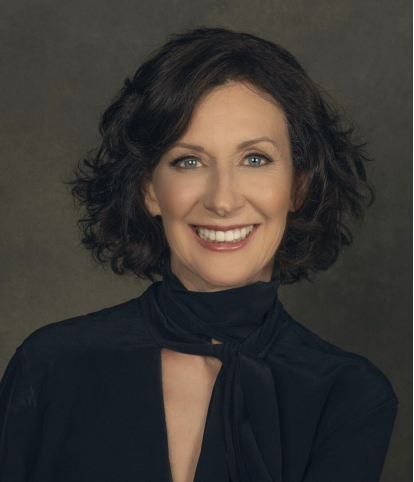
Nursing as art: Gritman hosts internationally known speaker, educator for National Nurses Week
Listen
(Runtime 1:25)
Read
Kathleen Bartholomew, who spoke to nurses in Moscow on Friday, said nursing is an art.
Bartholomew, a nurse and cultural expert, spoke to about three dozen people as part of a celebration of National Nurses Week.
In her talk, Bartholomew recalled what she described as sacred moments of connection with her patients.
“I was washing an elderly gentleman’s back, and he suddenly burst out into big sobs,” Bartholomew said. “That’s when he says, ‘I’m sorry. You see, my wife died 22 years ago. No one’s touched my back since that day.’”
Bartholomew said every nurse has a story like hers. For Candice Allen, assistant chief of nursing at Gritman Medical Center, her interactions with nurses as a patient is what drove her to pursue her career.
“I never planned to become a nurse. Somebody had an impact in my life years ago, and it’s because of her that I joined the profession,” Allen said. “When in a time of tragedy and trauma and the loss of my first child, she was there.”
For Nurses Week, the hospital printed books with stories from nurses at Gritman Medical Center about their most memorable, funny and touching moments with patients. Several nurses shared stories of patients’ appreciation for a nurse taking time with them and being present in big life moments.
“Being able to be in the moment with somebody, to make eye contact, to make a personal human connection,” Allen said. “It matters. Even on your worst day, in the days when you think you’re not having an impact, you are.”
Allen said it’s important for nurses to share their stories.
“We’ve kind of silenced ourselves for years,” she said. “We’ve said, ‘We don’t talk about that kind of stuff, it’s just what we do.’ It’s a powerful profession and we need to honor it.”
In addition to sharing stories, Bartholomew said health care systems as a whole need to change for nurses to be able to do their best work. Right now, she said, nursing is at odds with a healthcare system that’s designed for profit.
“The system is not focused on wellness and prevention,” she said. “How is a hospital supposed to survive if nobody comes to it?”
One-on-one care and connection is essential, Bartholomew said, but she believes the current system undervalues a lot of nurses’ work, including their work supporting patients’ emotional needs and overall wellness.
Emotional and physical health are deeply connected, Batholomew said, so caring for both is important.
“To me, nursing is a seed that’s not in the right soil,” Bartholomew said. “Right now we’re on cement, we can’t grow. You put us in the soil of the community and give us autonomy, and allow our power to be unleashed, you’d see a different system.”
Bartholomew said she envisions a future where nurses leave hospitals to serve their communities as a public service, like firefighters. She said there’s still a need for hospitals, but in the future, their role will change from chronic health management to treating more acute cases.
“If you want to change a system, what you do is you create a new one that makes the old one obsolete,” she said. “Take one zip code in America, and let the nurses have healthcare as a public service. Just watch what happens.”















